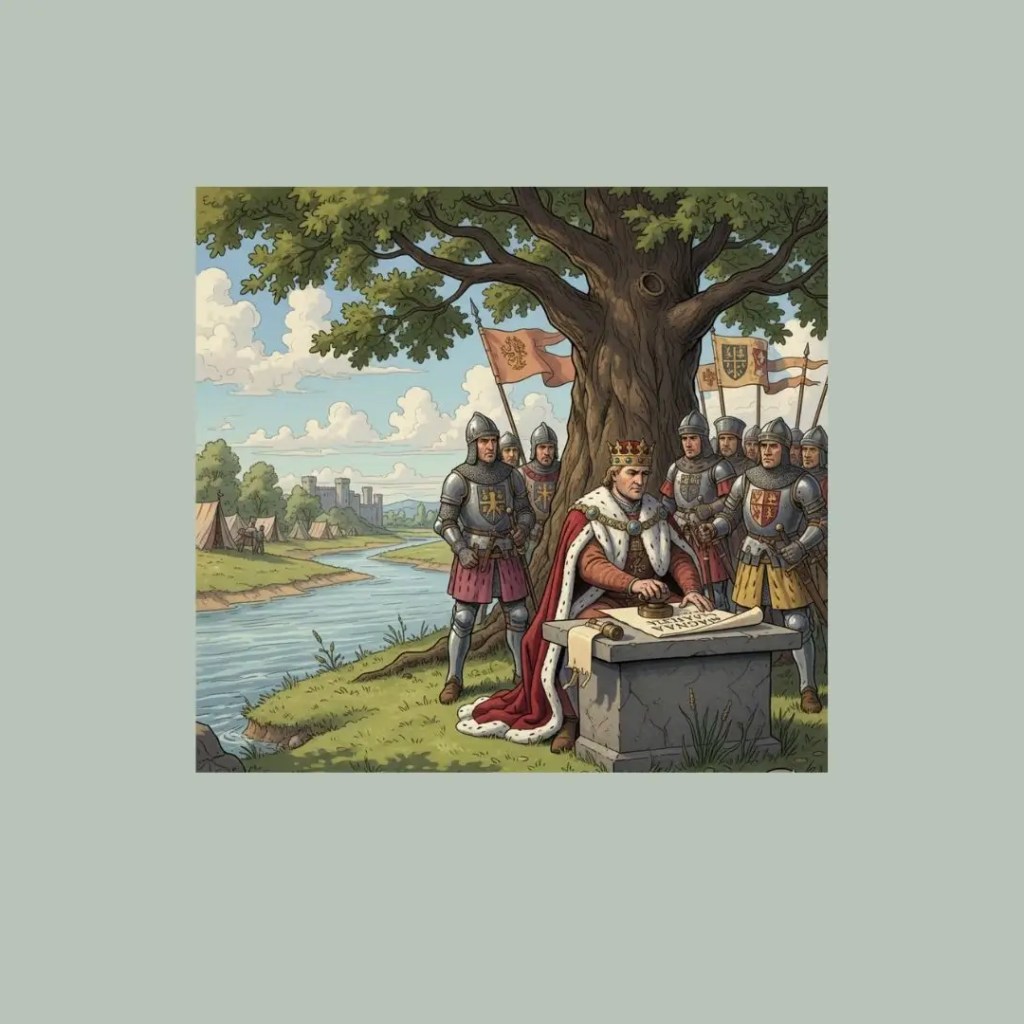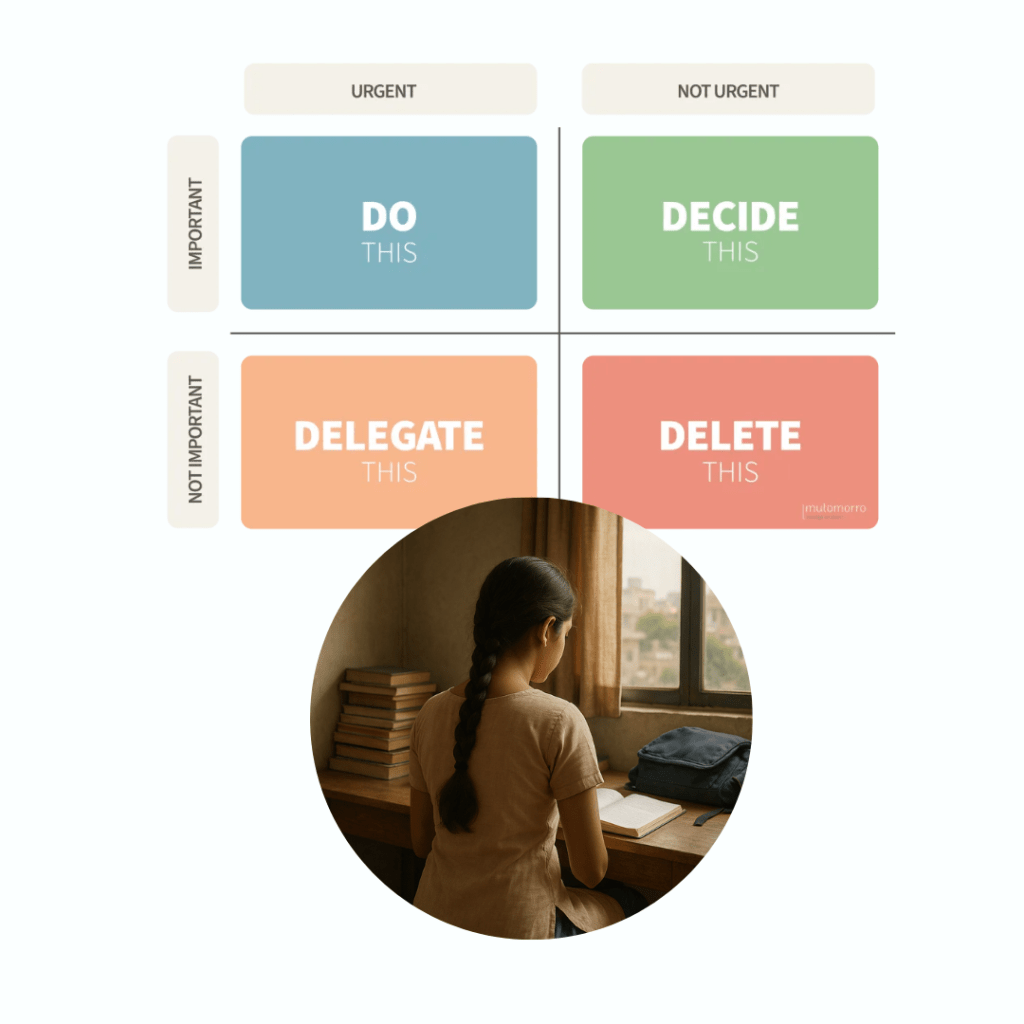Discover how words like Magna Carta evolve into cultural teachers, shaping education, freedom & the way we understand society.
In 1215, on the banks of the River Thames, a reluctant King John sealed a document at Runnymede. It was supposed to be a compromise with angry barons, a way to avoid rebellion. They called it the Magna Carta — Latin for Great Charter. At that moment, it was nothing more than a legal truce.
But the phrase didn’t stay locked in medieval parchment. Across centuries, Magna Carta has become a symbol for justice, freedom, and the rule of law. What began as a practical deal in feudal England now echoes in classrooms, courtrooms, and even digital debates.
This is what fascinates us at Educated Times: words are not just tools of communication. They are teachers of culture. A phrase like Magna Carta doesn’t merely describe history — it educates societies about themselves.
Table of Contents
When Words Become Lessonsagna Carta is more than a document; it’s a case study in how language carries learning forward:
- 1215: Just a legal agreement, meant to control one king.
- 1600s: English lawyers resurrected the phrase to argue for liberty against royal power.
- 1700s–1800s: Revolutionaries in America and France used it as proof that freedom was a human inheritance.
- Today: We talk about the “Magna Carta of the Internet” or the “Magna Carta of human rights,” borrowing its authority to frame new ideas.
This journey shows how a phrase becomes a curriculum for society, teaching each generation new lessons.
Language as a Classroom of Culture
Education doesn’t only happen in schools. It happens every time a society adopts a word or phrase as a guiding principle.
Think about these:
- Renaissance — literally “rebirth.” In history, it referred to a cultural revival of art and science. Today, it describes personal reinvention, urban renewal, or even a start-up boom. The word itself has become a lesson in possibility.
- Revolution — once about overthrowing monarchies, now used for technology (AI revolution), health (fitness revolution), and even food (organic revolution). The word has taught us that transformation is not just political; it can be personal and global.
- Silicon Valley — a location in California, now shorthand for innovation and disruption. The phrase educates us about what progress looks like, even if we’ve never set foot there.
These words aren’t just labels. They act like teachers, shaping how we think, what we value, and what kind of “lessons” we carry into the future.
The Emotional Curriculum of Words
Why do words like Magna Carta or Renaissance feel so powerful? Because they carry stories inside them — and stories are how humans learn best.
- Magna Carta tells a story of resisting unchecked power.
- Renaissance tells a story of rediscovery and creativity.
- Revolution tells a story of courage and change.
When we use these words, we aren’t just naming events; we are invoking entire lessons. We are teaching ourselves values without even opening a textbook.Education Today: Language as the First Lesson
In classrooms today, the words we choose still matter deeply. Consider:
- Sustainability — once confined to environmental science, now it teaches us about lifestyles, economies, and even education systems that endure.
- Disruption — a negative word in the past, now celebrated in business schools and innovation labs as a marker of progress.
- Viral — once associated with illness, now part of the digital literacy curriculum as the ultimate measure of success online.
Each of these words has shifted meaning. And in that shift, they’ve become teaching tools, guiding how students, parents, and educators understand the world.Why Story Matters in Education & Language
Magna Carta survived not because of ink and parchment, but because of the story people told about it. It was passed down as a story of rights, then as a story of freedom, and later as a story of democracy.
The same is true in education. Words alone don’t stick. Words embedded in stories are what change minds. A teacher who says “this is your personal renaissance” is doing more than teaching vocabulary — they are giving students a story of self-renewal.
Education, then, is not only about content; it’s about cultural storytelling through language.
Closing Thought: Get Educated on Words
Standing at Runnymede today, you’d see a quiet riverside meadow. The Great Charter itself is kept safe in archives. Yet the phrase Magna Carta still speaks. It has become a living classroom, reminding us that words are not static. They evolve, gather power, and educate whole cultures.
At Educated Times, we believe that to “Get Educated on Education” also means learning how language itself teaches us. Every phrase we inherit — from Magna Carta to Sustainability — is a silent teacher, shaping the way we imagine freedom, progress, and even learning itself.So next time you hear someone call something the “Magna Carta of their field,” remember: they’re not just borrowing history. They’re tapping into the greatest educational truth of all — words don’t just describe the world, they teach us how to live in it.



